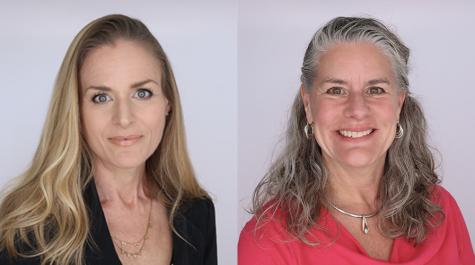Values in Action staff and student awardees honored at Commencement 2024
The Values in Action Awards recognize William & Mary student organizations, faculty and staff members who embody the university’s values of belonging, curiosity, excellence, flourishing, integrity, respect and service.
These awards, established by two anonymous donors, are given out both in the fall and spring semesters, with individuals receiving $2,500 each and student organizations $500 each.
Selected from a pool of nominees across the university, this spring’s staff and faculty recipients are Amy Alyson Teller ’98, M.B.A. ’18, Ed.D. ’25, section leader at the Raymond A. Mason School of Business Center for Online Learning, and Debbie Ramer, clinical faculty in special education and director of the Elementary Education Program at the William & Mary School of Education.
The honored student organizations are Barksdale Treble Chorus, the Filipino American Student Association, Merrimac Mentors, Minorities Against the Climate Crisis and the Robotics Club.
Faculty and Staff
Amy Alyson Teller ’98, M.B.A. ’18, Ed.D. ’25
Section Leader, Center for Online Learning, Raymond A. Mason School of Business
Teller demonstrates the power of the teacher/scholar/practitioner model, a nominator highlighted. A twice W&M alumna, she is an award-winning instructor in the business school’s online programs and a high-achieving doctoral student at the William & Mary School of Education. As another nominator put it, “she bleeds green and gold.”
With a background spanning the arts, business and education, Teller has been described as “a curious and forward-thinking educator,” significantly contributing to the academic and professional growth of her students, ensuring that “each teaching experience surpasses the last.” In 2021, she received a Student-Nominated Faculty Excellence Award for the Online MBA program.
Teller has been defined “a leader among her peers” who pushes the boundaries of innovation in her teaching, all while fostering an environment of belonging for all students. Despite living in Ohio, she engages in on-campus activities several times per year, reinforcing a strong sense of community.
“As a member of the Tribe, I take great pride in our collective commitment to fostering a caring community of learning,” said Teller. “Being supported by incredible mentors and colleagues inspires me to continually strive to exemplify these guiding principles and work to effect positive change.
“This award stands as a beautiful reflection of our shared ideals and a testament to why I am truly proud to be a part of the W&M community.”
Debbie Ramer
Clinical Faculty in Special Education and Director, Elementary Education Program, William & Mary School of Education
Early reading intervention has always been a passion of Ramer’s – since her days as an elementary special education teacher. She now co-directs the William & Mary Literacy Lab, an interdisciplinary initiative partnering with elementary schools in the Williamsburg area providing tutoring and advocacy to students as well as educational opportunities for teachers.
“I truly cannot name another individual who has had a larger impact on both the William & Mary community and the greater Williamsburg community as a whole,” wrote a student nominator, indicating Ramer’s embodiment of the W&M values of service and belonging.
By providing over 40 W&M volunteers with evidence-based practices to support reading development, in fall 2023 the Literacy Lab supported 384 students from kindergarten through fifth grade.
“Reading is such a ‘gateway’ skill; all too often, access to high-quality, effective reading instruction is an equity issue,” said Ramer. “Overseeing the tutoring side of the Literacy Lab is a passion project for me, but as with many passion projects the work is often invisible.
“To have this work recognized and honored affirms that others also share the value and importance in what I and W&M students are doing in the local elementary schools to support students who are struggling in literacy – as well as their teachers."
Student Organizations
Barksdale Treble Chorus
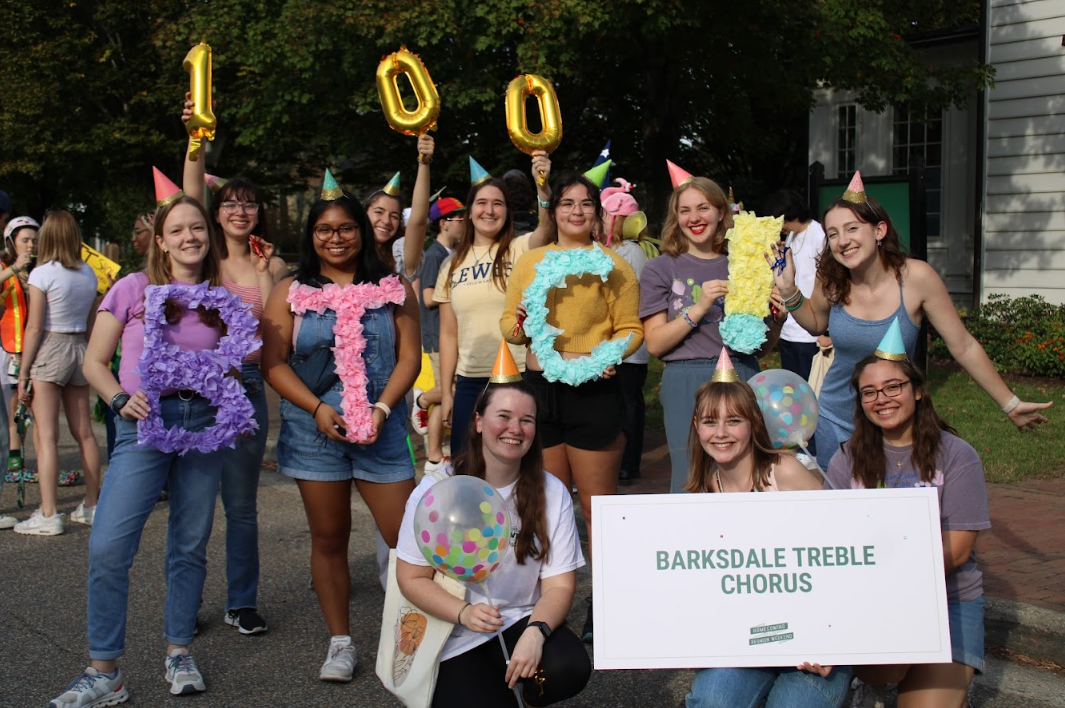 Historically, one’s voice part and vocal placement were often aligned with gender. The Barksdale Treble Chorus (BTC) – once known as “Girls’ Glee Club” or the “Women’s Chorus” – embodies the value of belonging by welcoming all singers who identify with a “treble” voice.
Historically, one’s voice part and vocal placement were often aligned with gender. The Barksdale Treble Chorus (BTC) – once known as “Girls’ Glee Club” or the “Women’s Chorus” – embodies the value of belonging by welcoming all singers who identify with a “treble” voice.
“We have worked hard to create a welcoming environment for a variety of identities here on campus that have historically been overlooked in the music community,” wrote an applicant.
BTC used to be an entry-level, preparatory choir; it has now evolved into an independent 50-members, four-parts ensemble that is open to undergraduate treble singers for all their four years, giving them a space to express their true selves through music and performance.
In 2023-2024, BTC celebrated 100 years of treble music at William & Mary, recognizing the transformative impact of music and working with the Special Collections Research Center to create its own open house documenting its history.
Every year, BTC hosts “Music from the margins” – a benefit concert highlighting underrepresented voices through performances by ensemble members and other student organizations and performers around campus. This year, their proceeds went to Education Through Music, a charity promoting music education in underresourced schools.
Filipino American Student Association
The Filipino American Student Association (FASA) is a place for Filipinos and Filipino Americans to learn, express and be proud of their culture – while sharing it with those interested.
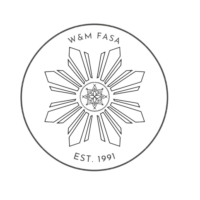 “Belonging relates to community,” wrote an applicant, “so we do our best to foster one for any student who happens to cross our path.” For FASA, providing students with a place to belong means creating a network of people with whom they feel safe, and a space to explore either their own culture or others’.
“Belonging relates to community,” wrote an applicant, “so we do our best to foster one for any student who happens to cross our path.” For FASA, providing students with a place to belong means creating a network of people with whom they feel safe, and a space to explore either their own culture or others’.
Students do not need to be Filipino to join the organization: FASA includes students from all backgrounds – particularly those that are not widely represented on campus – and often supports and cooperates with other cultural organizations across the university.
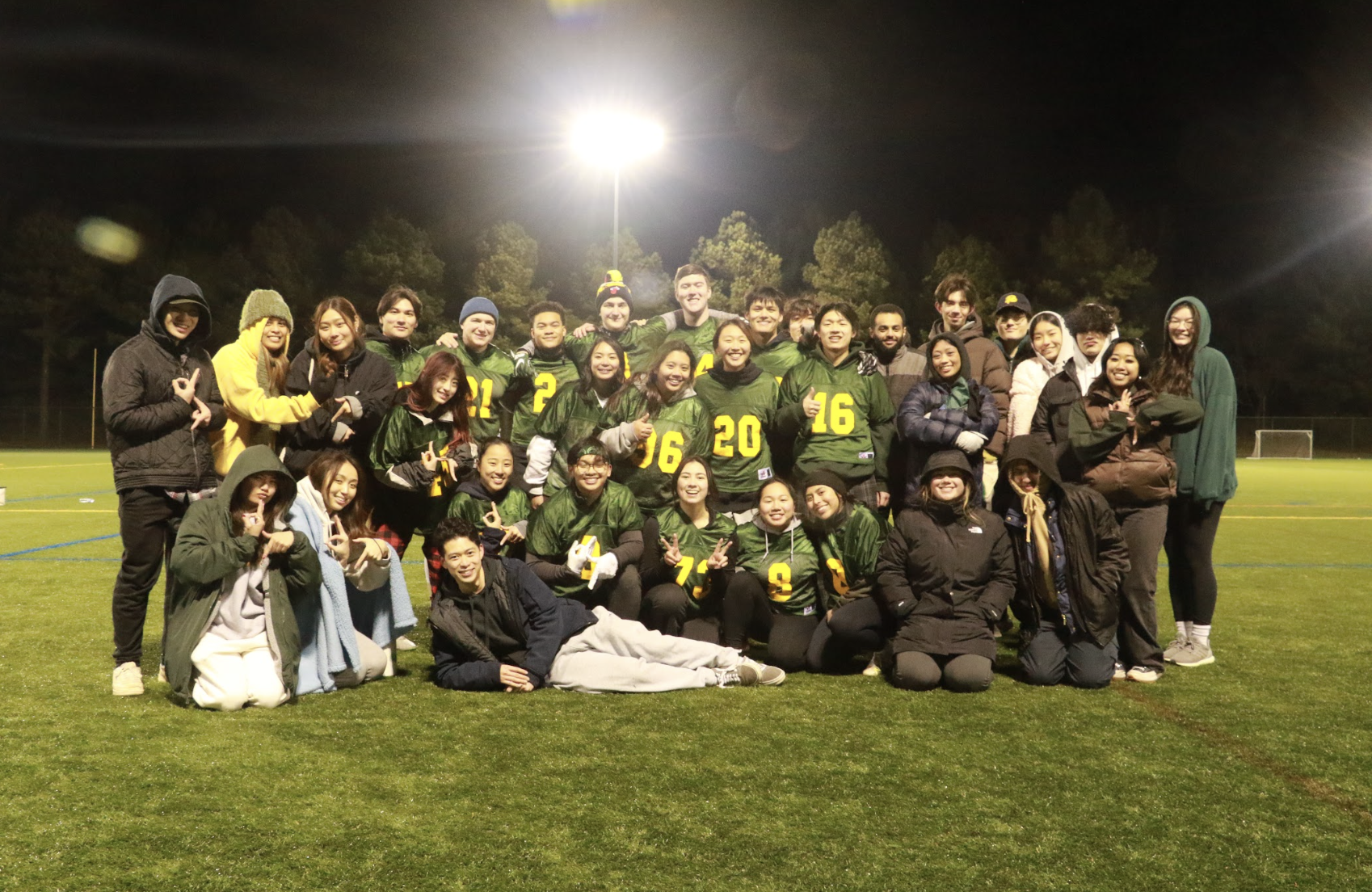
“Both Filipino and Filipino American culture stem from colonization, decolonization and diaspora,” wrote an applicant, “meaning that they were influenced by activism, which in and of itself relies on community support and action, as well as other cultures.”
FASA’s activities champion the values of belonging and service to William & Mary and the surrounding community; also, the organization has historically been monitoring global issues and used their platform to educate members on concerns extending outside of campus.
Merrimac Mentors
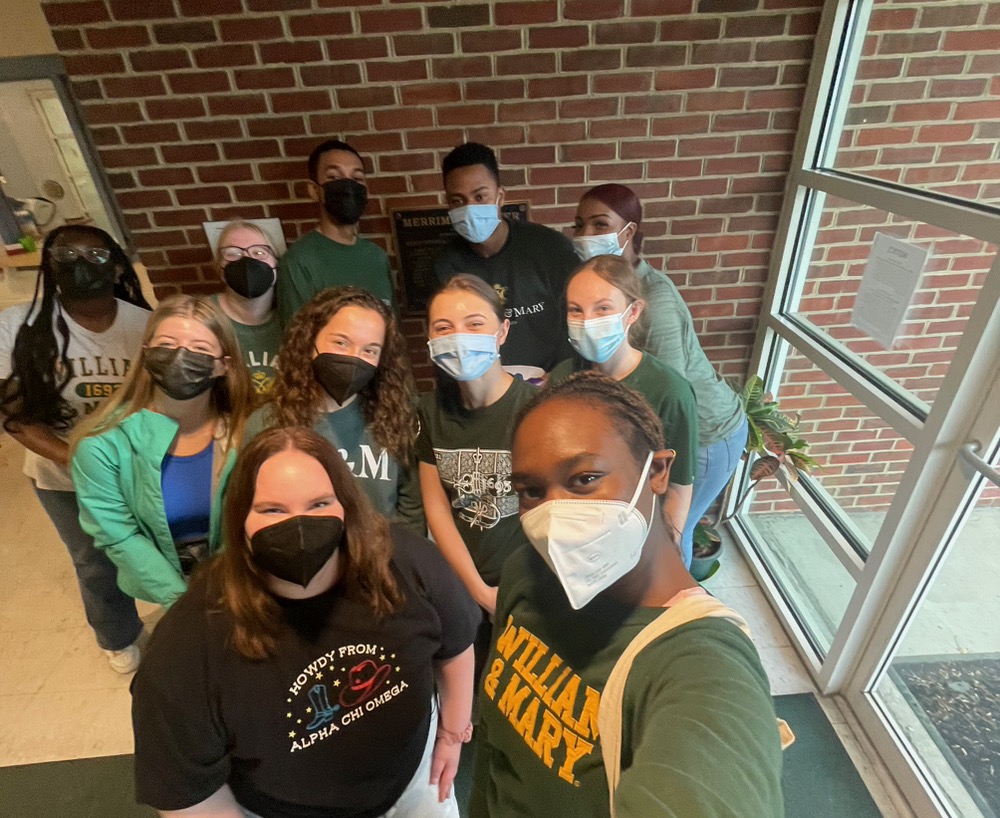
Merrimac Mentors engage in peer-based relationships with the residents of Merrimac Juvenile Detention Center: Service is at the heart of their mission and ethos.
The transformative power of service, members wrote, goes beyond mere acts of charity. It embodies a deep sense of responsibility and accountability toward the well-being of others – particularly those who are marginalized or are facing adversity.
Mentors are committed to actively listening to the voices of those who serve and advocate for their rights and dignity, creating a supportive environment and empowering them to thrive despite their circumstances.
Beyond providing immediate support, mentors strive to build reliable connections with the residents, who often lack dependable adult figures in their lives.
The mentors’ direct experience informs their willingness to drive policy improvement and enact systemic change. Among their graduating members, two will be soon pursuing law school, one will be joining Teach for America and another will be working in state government policy.
Minorities Against the Climate Crisis
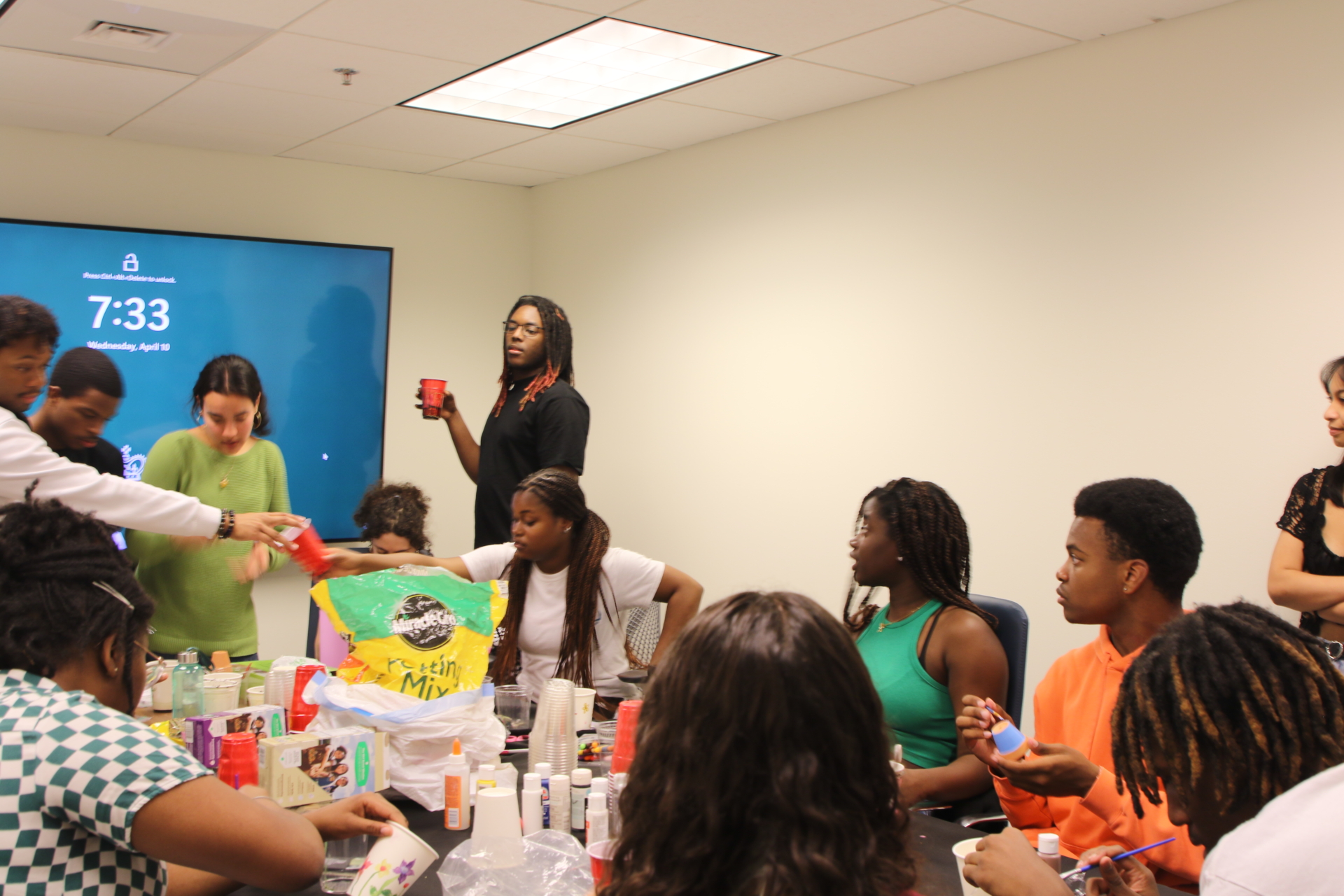 Minorities Against the Climate Crisis (MACC) cultivates lifelong learning to foster sustainable lifestyles; for its members, curiosity is a key value.
Minorities Against the Climate Crisis (MACC) cultivates lifelong learning to foster sustainable lifestyles; for its members, curiosity is a key value.
Curiosity propels them to investigate interventions mitigating the effects of the climate crisis in underserved communities; also, it leads them to rediscover, preserve and contextualize techniques and practices that have sustained threatened cultures.
Recent examples of MACC activities included the discussion of exploitation and mining-related environmental issues in the Democratic Republic of the Congo; awareness-raising and fundraising efforts to support communities affected by the Maui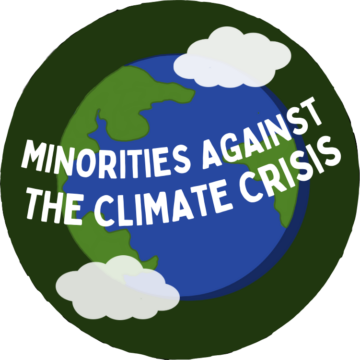 wildfires; a student-led project focusing on sea-level rise in the Hampton Roads area; and a workshop on conservation, addressing historical unethical practices toward communities of color and future improvements benefitting all parties involved.
wildfires; a student-led project focusing on sea-level rise in the Hampton Roads area; and a workshop on conservation, addressing historical unethical practices toward communities of color and future improvements benefitting all parties involved.
MACC has often collaborated and partnered with other organizations on campus – such as the African Cultural Society, the Asian American Student Initiative, the Student Leadership Council and the Citizens Climate Lobby.
Robotics Club
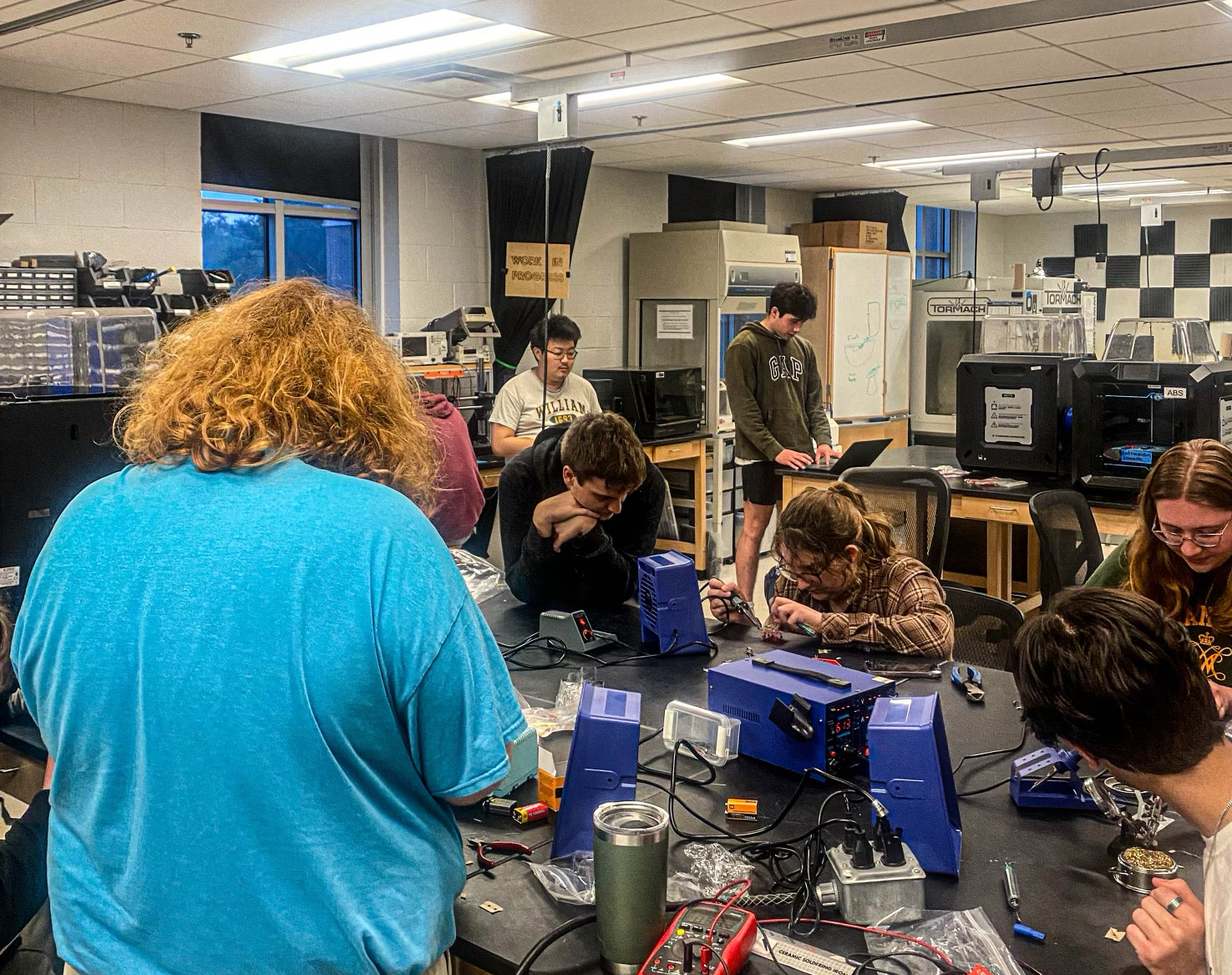 The Robotics Club has grown to include over 70 students all over campus. Its primary objective is promoting a sense of curiosity toward robotics among students in all areas, from physics and computer science to English and government.
The Robotics Club has grown to include over 70 students all over campus. Its primary objective is promoting a sense of curiosity toward robotics among students in all areas, from physics and computer science to English and government.
“Being able to explain that there is now a community available (to students interested in robotics) was one of the most rewarding feelings I had ever felt,” wrote an applicant.
In the eyes of its members, robotics is the forefront of creation. To create, they wrote, is to be curious about the “how” and “why” of doing something but also about the way one’s creation affects others.
The club meets biweekly and aims to focus on a new robotics project every time, providing their members with robotics skills while creating something tangible.
“I believe our model keeps members interested in the field of robotics,” wrote an applicant, “and curious as to how they can learn more in the future as a part of this community.”
